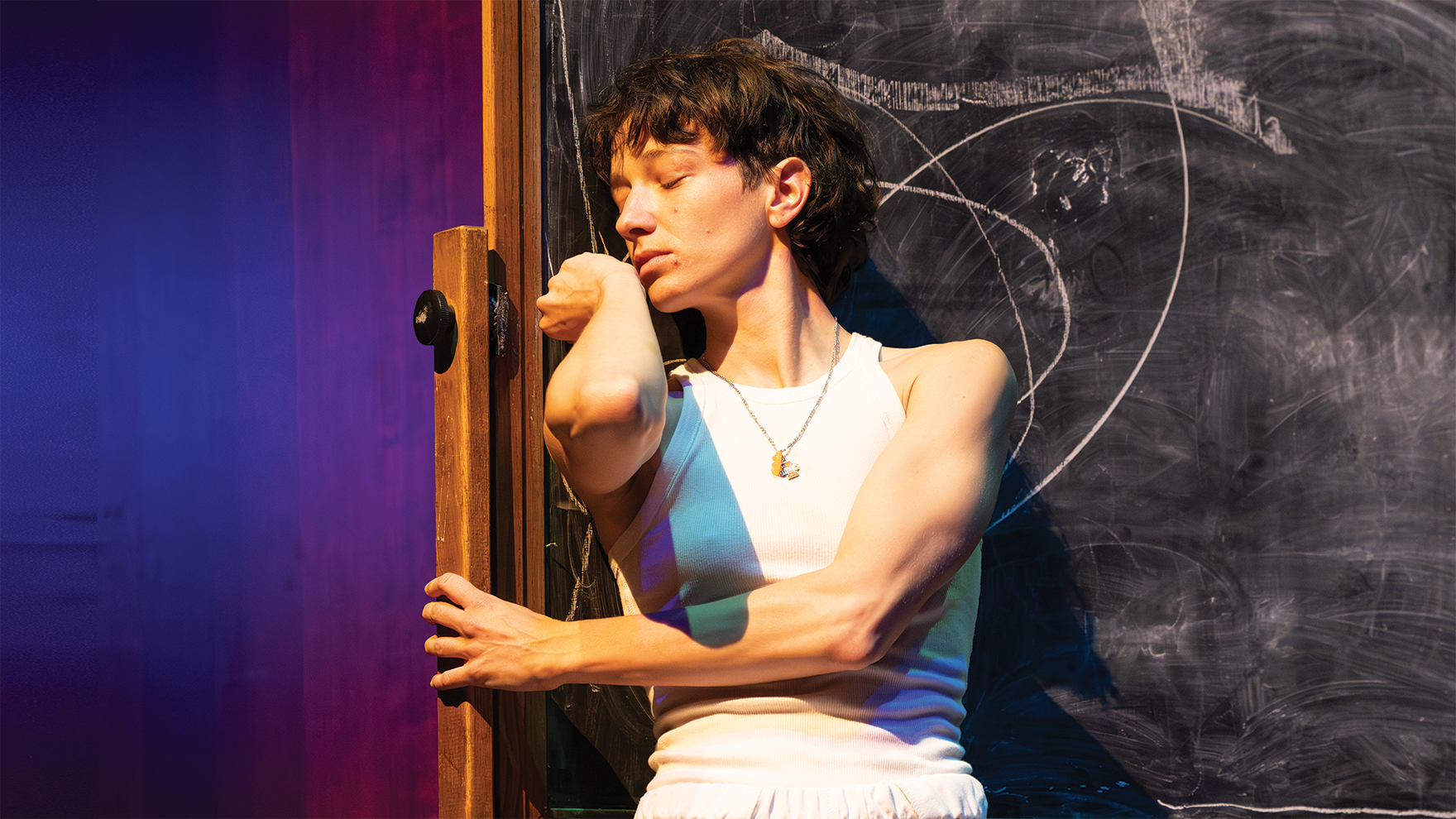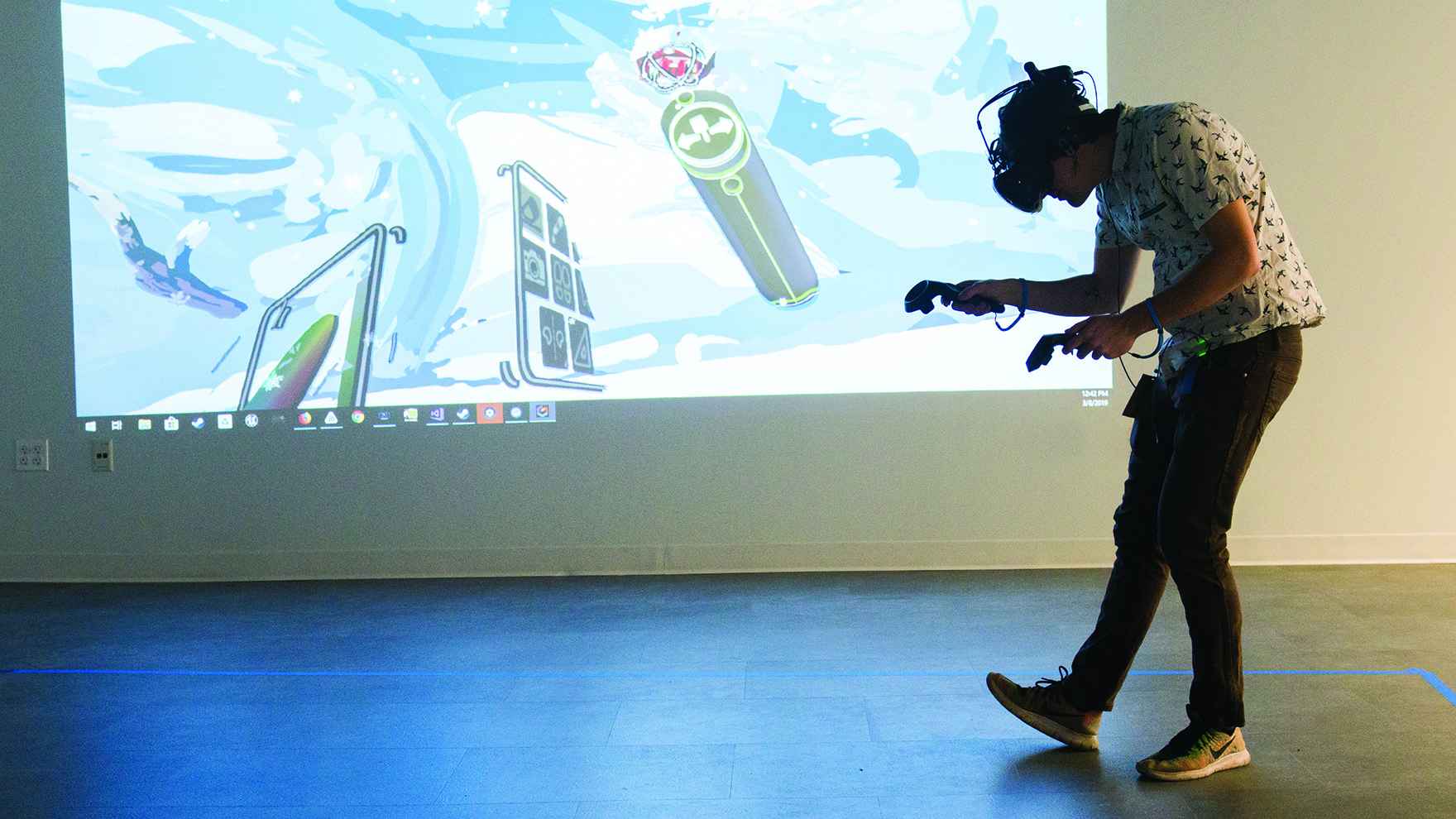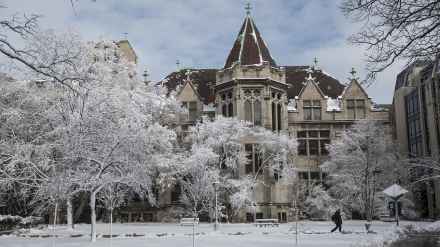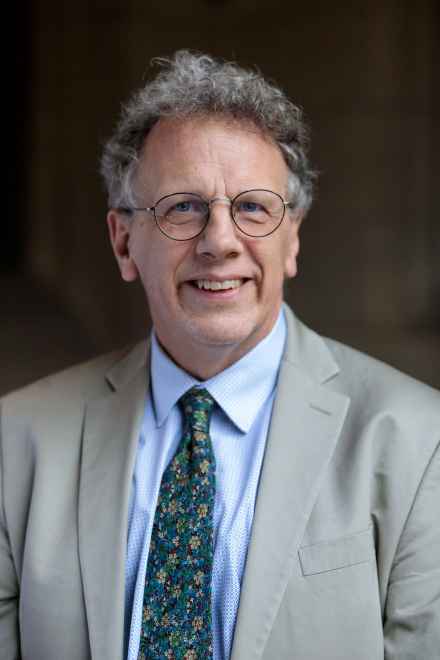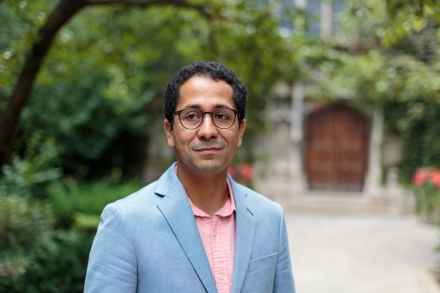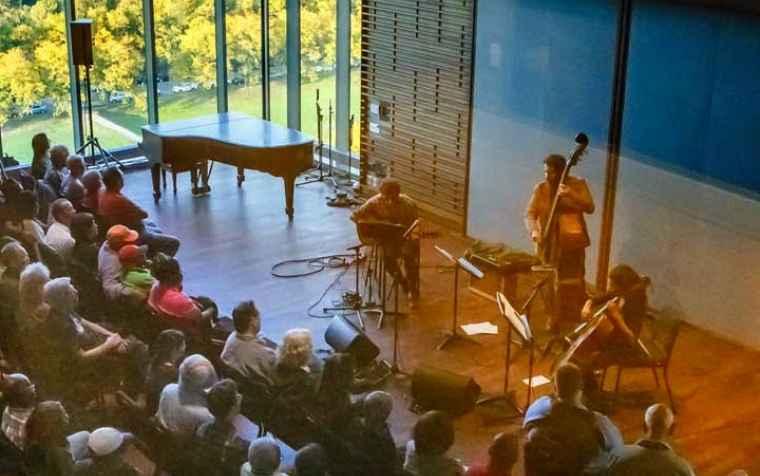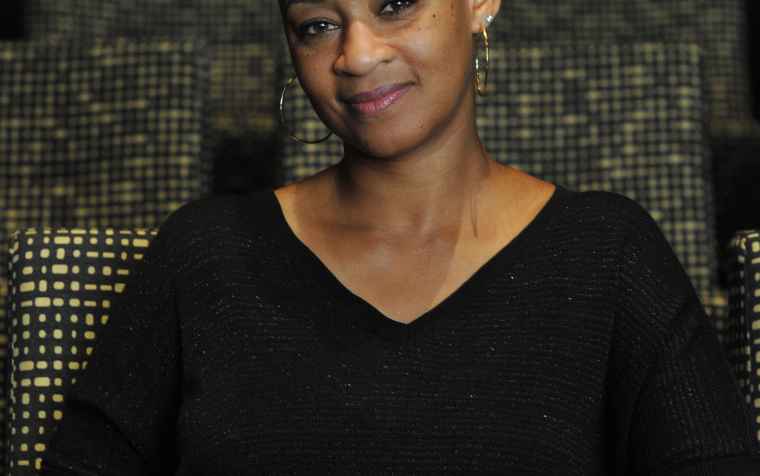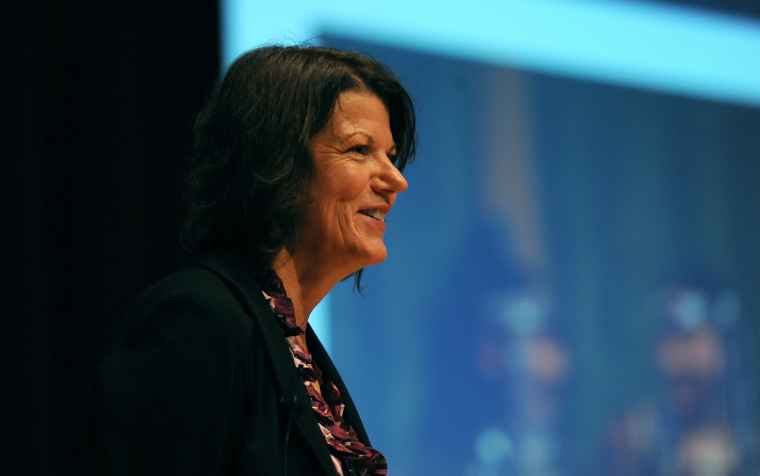Six Humanities Faculty Receive Named, Distinguished Service Professorships
Of the twenty-three University of Chicago faculty members who have received named professorships or have been appointed distinguished service professors, seven were from the Division of the Humanities. Daniel Brudney (Philosophy), Martha Feldman (Music), Frances Ferguson (English Language and Literature), Armando Maggi (Romance Languages and Literatures), Christine Mehring (Art History), Mark Payne (Classics, Comparative Literature, and the John W. Nef Committee on Social Thought), and Robert K. Ritner (Near Eastern Languages and Civilizations) were recognized.
UChicago Humanities Professor Robert Kendrick Is Honored as Knight of the Italian Republic
For his rigorous scholarship of previously unknown Italian sacred music from the Renaissance and early Baroque eras, Robert L. Kendrick was honored as Knight of the Order of Merit of the Italian Republic, class VI, on Dec. 10 at the Italian Consulate in Chicago. This achievement is the highest ranking honor of the Italian Republic, and it is awarded for “merit acquired by the nation” in the fields of literature, the arts, economy, public service, and social, philanthropic, and humanitarian activities and for long and conspicuous service in civilian and military careers.
Media Mentions: December 2019
The latest media mentions, quotes, profiles, and writings from Division of the Humanities faculty, students, staff, and alumni. Visit us on Twitter and Facebook for more updates.
Humanities Scholar Edgar Garcia to Receive MLA's William Riley Parker Prize Honorable Mention
Edgar Garcia’s scholarship focuses on cultural practices and literatures of indigenous people in the Americas, which historically have not been considered literature. For his article “Pictography, Law, and Earth: Gerald Vizenor, John Borrows, and Louise Erdrich” published in the March 2019 issue of PMLA, the Modern Language Association’s literary journal, he will receive the William Riley Parker Prize Honorable Mention at the MLA Conference in Seattle on January 11, 2020.

